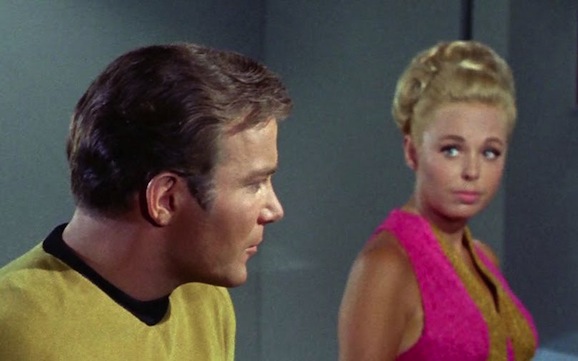Space Travel May Mess With Your Fertility, Here’s How
 Astronauts have the job with the highest highs and the lowest lows. They’re hailed as heroes, they get to look upon Earth, that pale blue dot, see the sun “rise” or “set” every 45 minutes, and bounce around in zero gravity. But, as we saw in Gravity, pretty much anything and everything they do is dangerous enough to kill them. Even if a mission is entirely successful, their bodies suffer simply from being in space—their immune systems become weaker, their bone density decreases, their muscles begin to atrophy, and their cells age more quickly, primarily due to lack of gravity. Scientists are beginning to study effects of radiation exposure as well, using twins, but suffice it to say, that probably doesn’t help astronauts either. Now NASA is afraid that being in space may reduce an astronaut’s fertility, and has even begun offering to freeze astronauts’ sperm and eggs before they head into the cosmos.
Astronauts have the job with the highest highs and the lowest lows. They’re hailed as heroes, they get to look upon Earth, that pale blue dot, see the sun “rise” or “set” every 45 minutes, and bounce around in zero gravity. But, as we saw in Gravity, pretty much anything and everything they do is dangerous enough to kill them. Even if a mission is entirely successful, their bodies suffer simply from being in space—their immune systems become weaker, their bone density decreases, their muscles begin to atrophy, and their cells age more quickly, primarily due to lack of gravity. Scientists are beginning to study effects of radiation exposure as well, using twins, but suffice it to say, that probably doesn’t help astronauts either. Now NASA is afraid that being in space may reduce an astronaut’s fertility, and has even begun offering to freeze astronauts’ sperm and eggs before they head into the cosmos.
Russia sent up some geckos to see how microgravity affects their sexual activity, but alas, they died before they could have any fun. But the fruit flies made it (and had sex), and there are mice on the ISS right now, so scientists should be able to conduct more in-depth studies on the effects of microgravity, as well as radiation, on both male and female reproductive organs. But scientists are worried that the results might pose a major problem for future Mars colonies.
Russian studies from the late 70s involving rats didn’t help much, given that the rodents didn’t get frisky in space. But a study in simulated zero gravity found that male mice couldn’t produce sperm, and it’s this side effect that doctors and scientists are concerned about. It isn’t certain that this happens to humans, but it seems pretty likely, hence the egg and sperm freezing option. Dr. Joseph Tash, of the University of Kansas Department of Molecular and Integrative Physiology, said at the recent American Society for Reproductive Medicine conference that he believes that microgravity can interrupt chemical reactions necessary for reproduction. Many of the bodily processes affected involve estrogen.
Cosmic radiation is also a potential culprit when it comes to decreased fertility. Roughly 80 percent of male astronauts experience visual impairment after spending six weeks in space, and most need glasses when they return. The eyes are sensitive to radiation, but not as sensitive as the testes, so doctors worry about the unseen effects. Female astronauts are thought to be even more susceptible.
Mars colonists will be traveling between 6-8 months to get to their destination, and while there are some ideas for protecting them, they would be exposed to high amounts of radiation on the flight and on the Red Planet, which has no ozone. No one knows if it’s even possible to conceive on Mars, which has 1/3rd of Earth’s gravity, or whether it’d be possible to safely bring a baby to term. If a Mars colony is ever going to work, this challenge has to be overcome, so figuring out just what those colonists are up against is an important first step.











